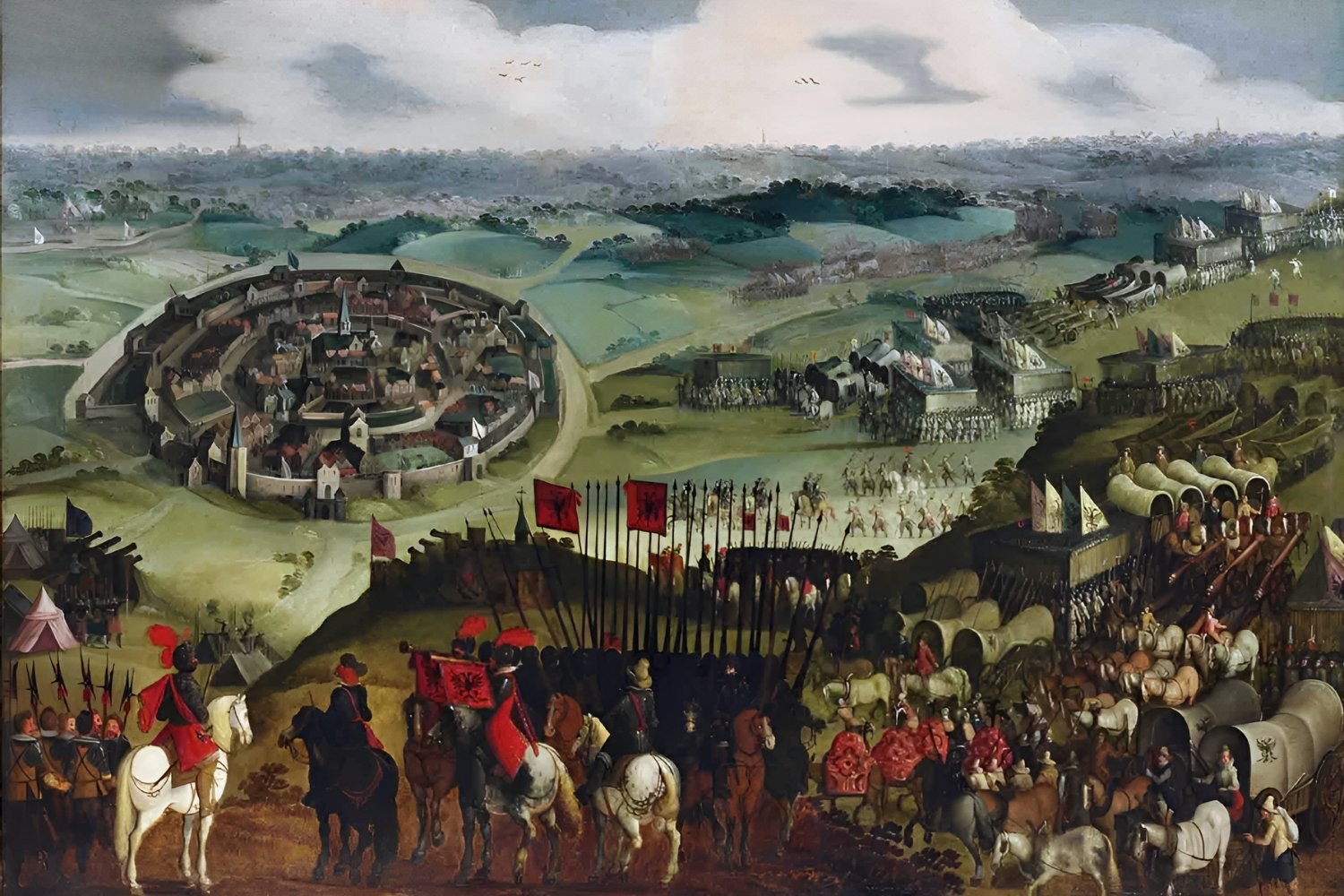
What was the War of the Euboeote Succession? The War of the Euboeote Succession was a conflict that erupted in the late 13th century over control of the island of Euboea, located in the Aegean Sea. This war saw various factions, including the Venetians, the Byzantines, and local Greek lords, vying for dominance. The struggle was marked by shifting alliances, fierce battles, and political intrigue. The outcome of this war significantly influenced the balance of power in the region, affecting trade routes and territorial control. Understanding this war offers a glimpse into medieval geopolitics and the complex relationships between European and Byzantine powers.
Key Takeaways:
- The War of the Euboeote Succession was a medieval conflict over control of Euboea, involving Venetians, Achaeans, and mercenaries. It reshaped power dynamics in the Aegean and blended Venetian and Greek cultures.
- The war had lasting impacts on politics, economics, and culture in Euboea. It led to Venetian dominance, weakened the Principality of Achaea, and disrupted trade, while also blending Venetian and Greek cultures on the island.
The War of the Euboeote Succession: An Overview
The War of the Euboeote Succession was a significant conflict in medieval history. It involved various factions vying for control over the island of Euboea. This war had far-reaching consequences for the region and its people.
- The war began in 1256 and lasted until 1258.
- Euboea, also known as Negroponte, was a strategically important island in the Aegean Sea.
- The conflict was primarily between the Venetian Republic and the Principality of Achaea.
- The war was triggered by the death of the last male heir of the ruling family in Euboea.
- The Venetians sought to control Euboea to protect their trade routes in the Aegean.
Key Players in the War
Several important figures played crucial roles in the War of the Euboeote Succession. Their actions and decisions shaped the course of the conflict.
- William II of Villehardouin, the Prince of Achaea, was a central figure in the war.
- The Venetian Republic was represented by its powerful navy and influential merchants.
- The local barons of Euboea, known as the Triarchs, were divided in their loyalties.
- The Byzantine Empire also had interests in the region and sought to influence the outcome.
- The Catalan Company, a group of mercenaries, was hired by the Venetians to fight in the war.
Major Battles and Sieges
The War of the Euboeote Succession saw several significant battles and sieges. These military engagements determined the control of key territories on the island.
- The Battle of Karystos in 1257 was one of the first major clashes of the war.
- The Siege of Chalkis, the capital of Euboea, was a prolonged and bloody conflict.
- The Venetians used their naval superiority to blockade key ports on the island.
- The Battle of Negroponte in 1258 was a decisive victory for the Venetians.
- The war saw the use of innovative siege engines and tactics by both sides.
Political and Economic Impact
The War of the Euboeote Succession had lasting political and economic effects on the region. The outcome of the conflict reshaped the balance of power in the Aegean.
- The Venetians emerged as the dominant power in Euboea after the war.
- The Principality of Achaea's influence in the region was significantly weakened.
- The local barons, or Triarchs, were forced to accept Venetian overlordship.
- The war disrupted trade routes and caused economic hardship for the local population.
- The Byzantine Empire's attempts to regain control of Euboea were thwarted.
Cultural and Social Consequences
Beyond the political and economic impact, the war also had cultural and social consequences for the people of Euboea and the surrounding regions.
- The war led to a blending of Venetian and Greek cultures on the island.
- Many local families were displaced or lost their lands due to the conflict.
- The Venetian administration introduced new laws and governance structures in Euboea.
- The war contributed to the decline of feudalism in the region.
- The legacy of the War of the Euboeote Succession influenced later conflicts in the Aegean.
Final Thoughts on the War of the Euboeote Succession
The War of the Euboeote Succession was a pivotal conflict that shaped the course of history in ancient Greece. This war, fought over the control of the island of Euboea, saw alliances shift, strategies evolve, and leaders rise and fall. Understanding the key events and figures involved provides valuable insights into the political and military landscape of the time. From the initial skirmishes to the decisive battles, each moment played a crucial role in determining the outcome. The war's legacy continues to influence modern interpretations of ancient Greek warfare and diplomacy. By examining these 25 facts, we gain a deeper appreciation for the complexities and nuances of this historical period. Whether you're a history buff or just curious about ancient conflicts, the War of the Euboeote Succession offers a fascinating glimpse into the past.
Frequently Asked Questions
Was this page helpful?
Our commitment to delivering trustworthy and engaging content is at the heart of what we do. Each fact on our site is contributed by real users like you, bringing a wealth of diverse insights and information. To ensure the highest standards of accuracy and reliability, our dedicated editors meticulously review each submission. This process guarantees that the facts we share are not only fascinating but also credible. Trust in our commitment to quality and authenticity as you explore and learn with us.
